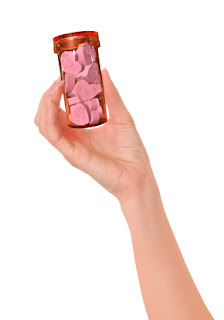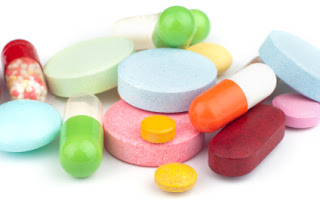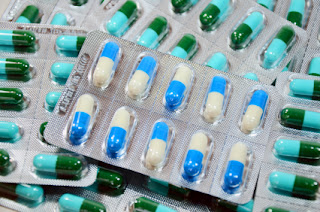More commonly known as ecstasy, methylenedioxymethamphetamine (or MDMA) is one of the most popular and dangerous hallucinogenic drugs available to American teens and adults today. Ecstasy’s stimulant and delusory attributes make it a curious experience which, for some, can be fatal.
Despite its popularity, many are still left asking—what
exactly is ecstasy? And How does it affect its users?
Ecstasy: Facts And
Myths
Like most street drugs, ecstasy is surrounded with
falsehoods and myths which attempt justify its use. It is extremely important
that youth and adults understand the truth about what ecstasy is and how it can
affect you, over long and short term consumption.
“Ecstasy
isn’t addictive.”
While every individual reacts
differently to consumable substances, it would be a lie to say that ecstasy
isn’t habit-forming. Ecstasy addiction is a very real issue which people enter
treatment for on a regular basis. Even just one hit of the drug can produce a
pull strong enough to drive a dependency.
As with cocaine, heroin, marijuana
and prescription pills, continued use of a substance develops a bodily
“tolerance.” Ecstasy is not an exception to this. After continued use of the
drug, intense physical and emotional withdrawal symptoms set in which push
users to continue to take ecstasy.
“If
you take a little, it isn’t dangerous.”
Most people who take ecstasy do so
without any concern for existing or potential health risks. In truth, even just
one hit of ecstasy can produce brain damage, blood clotting, anxiety,
convulsions, nausea/vomiting, kidney failure and heart attacks.
Those with any of the following conditions are considered at
high risk of danger upon consuming ecstasy:
-diabetes
-heart disease
-liver issues
-epilepsy
The Highs And The
Lows
Ecstasy didn’t get its name for no reason at all—the high
is, for some, a short but intense, pleasure-filled peak. Users generally
describe the positives of the high as an increase in confidence, energy and
happiness. Ecstasy is also called the “love drug” for its tendency to make
consumers feel extraordinarily affectionate towards one another.
The lows of this drug outweigh, by far, the highs.
The high from this “love drug” has a peak, plateau and a
steep decline into a number of dark and uncomfortable come-down symptoms,
including:
-depression
-exhaustion
-irritableness
-anxiety
As was mentioned above, all chemicals and drugs affect
people differently. Hence, one individual may enjoy the short-lived high from a
hit of ecstasy before crashing hard into the “come-down.” This is solved by
taking another hit, and the cycle of addiction is not hard to discern.
Others may experience intense discomforts, physical harm or
even death. Thus, it is extremely important that you take the time to educate
yourself and those around you of the truth about ecstasy and the laundry list
of its dangerous effects.
Additional effects of ecstasy that have been reported are
headaches, jaw clenching, seizures, hypothermia, blurred vision and distorted
perception/delusions. If a high enough dosage of ecstasy is taken, the user’s
body temperature can rise sharply. This may result in cardiovascular system shut-off
or failure of important bodily organs like the liver, kidneys, etc.
How Is Ecstasy Taken
Ecstasy is generally manufactured in a pill form which is
then swallowed. These pills come in a number of shapes and sizes and are even
referred to as “designer drugs.” They can be crushed and snorted, mixed into a
drink or injected, and some users insert a pill into their rectum for fast
absorption. This risky form of consumption is called “shelving.” dangerous
Ecstasy is illegal in all parts of the United States, and is
also called by the following names:
-“E”
-XTC
-the love drug
-eccy
The drugs are often in pill-form shapes like hearts,
triangles etc. and are brightly colored. If you see the drug or know someone
who is using it make sure and get them immediate help.







